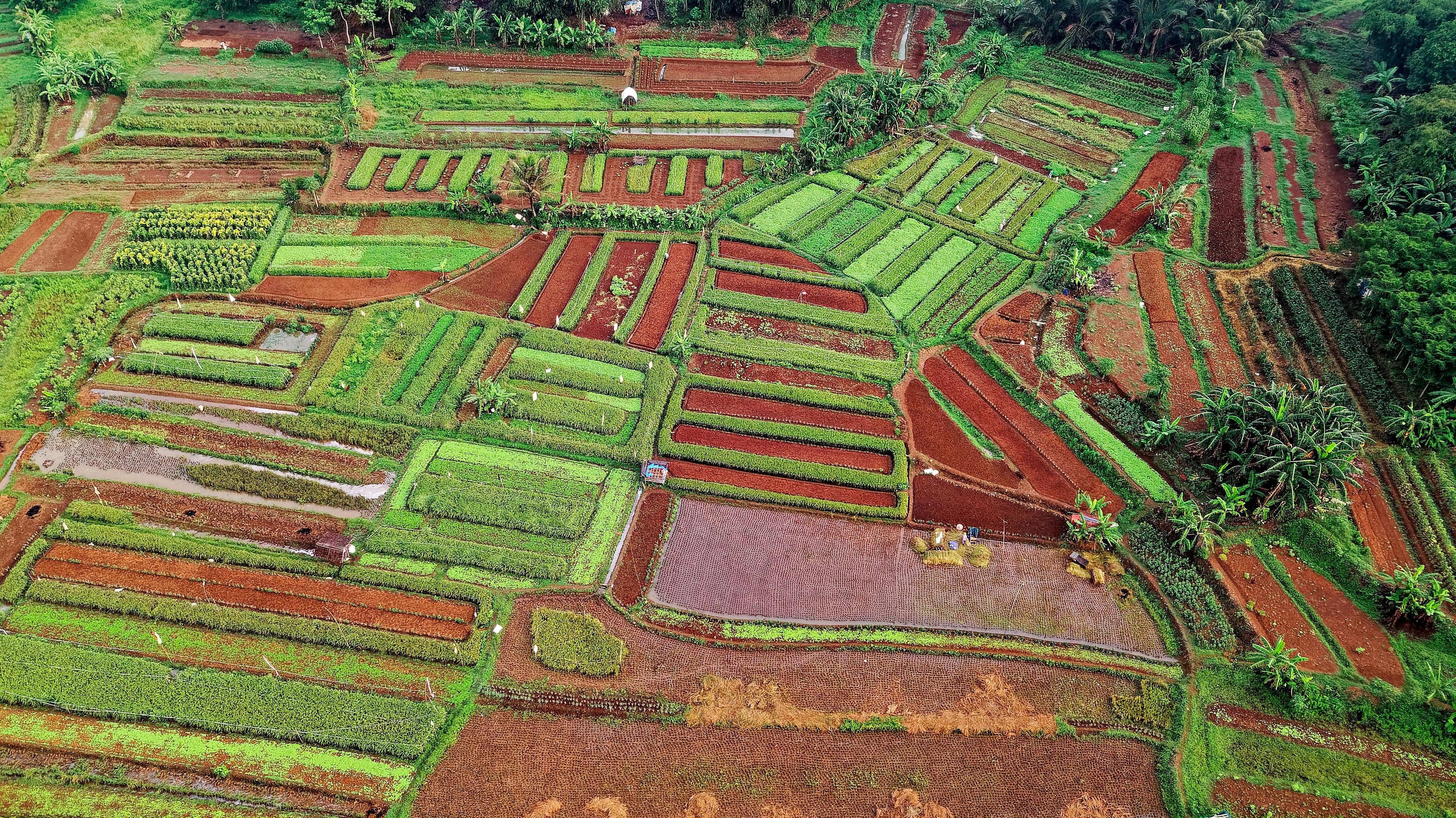
Over the past several years, urban agriculture has emerged as an important solution to the problems that the agricultural industry in India is currently facing. The necessity for food production that is both sustainable and localized is becoming more and more obvious as cities continue to grow and their populations continue to increase. Urban agriculture presents a viable approach to addressing this demand, as it offers a variety of benefits that go beyond ensuring food security.
Addressing Land Constraints:
As urban sprawl is encroaching on agricultural areas, conventional farming is confronted with difficulties concerning the availability of land. The utilization of places within urban settings, such as rooftops, vacant lots, and community gardens, is a creative method that is presented by urban agriculture. Not only does this maximize the use of land, but it also lowers the distance that food travels from the farm to the table, which in turn minimizes the amount of carbon emissions.
Promoting Food Security:
Through the facilitation of the distribution of fresh produce to urban inhabitants, urban agriculture contributes to the improvement of food security. Through the cultivation of crops within cities, the reliance on farms located in rural areas is minimized, resulting in a food supply that is both more resilient and more easily available. This becomes especially important during times of disturbance, such as the recent pandemic that swept the globe when local food supplies proved to be of great value.
Fostering Sustainable Practices:
Sustainable farming practices, such as organic production, water conservation, and the use of pesticides in small amounts, are encouraged through the practice of urban agriculture. Not only does this have a positive impact on the environment, but it also encourages inhabitants of metropolitan areas to consume food that is both healthier and more nutritious. Because urban farms are located near consumers, they eliminate the need for excessive packing and refrigeration, which in turn reduces the amount of waste produced and the amount of energy that is consumed.
The Potential Impact on Indian Agriculture:
Urban agriculture is becoming increasingly recognized by Indian farmers and policymakers as a possible complement to traditional rural farming. This recognition comes as the need for urban agriculture continues to expand. India can increase its food production diversity, improve its food security, and generate new economic opportunities in urban areas if it incorporates urban agriculture into the larger agricultural landscape. In addition to this, urban agriculture has the potential to play a crucial role in re-establishing a connection between urban residents and the land from which they obtain their food, thereby creating a greater respect for agricultural methods and the environment.
Leveraging Technological Advancements:
Hydroponics, vertical farming, and precision agriculture are examples of technological advancements that could be beneficial to urban agriculture in this age of digitalization. Because these improvements make it possible to make effective use of limited space and resources, urban farming has become an option that is both viable and sustainable. Urban agriculture in India has the potential to greatly increase both productivity and yield through the utilization of technology, thereby contributing to the overall food output of the country.
Creating Community Engagement:
Urban agriculture can foster a sense of community and collective responsibility among urban dwellers. By participating in community gardens or supporting local urban farms, individuals can actively contribute to the production of their food, establishing a stronger bond with the land and the food they consume. This communal engagement not only enhances social unity but also educates and empowers individuals to make informed decisions regarding their nutrition and consumption patterns.
Embracing a Holistic Approach:
Taking a holistic approach to addressing the complex concerns of food security, environmental sustainability, and urban growth is represented by the incorporation of urban agriculture into the fabric of Indian agriculture. The Indian government can construct a food system that is more robust and diverse by combining smaller-scale urban farms with larger agricultural efforts. This will allow the country to meet the requirements of both urban and rural populations. Through the cultivation of a food ecosystem that is more linked and sustainable, this mutually beneficial relationship has the potential to bring about a transformation in the agricultural landscape of India.
In conclusion, the advent of urban agriculture provides a modern necessity that bears enormous promise for the agricultural sector in India. Through the adoption of this forward-thinking strategy, India will be able to successfully negotiate the challenges of urbanization and food production, thereby paving the way for an agricultural future that is more sustainable, resilient, and inclusive.














Share your comments